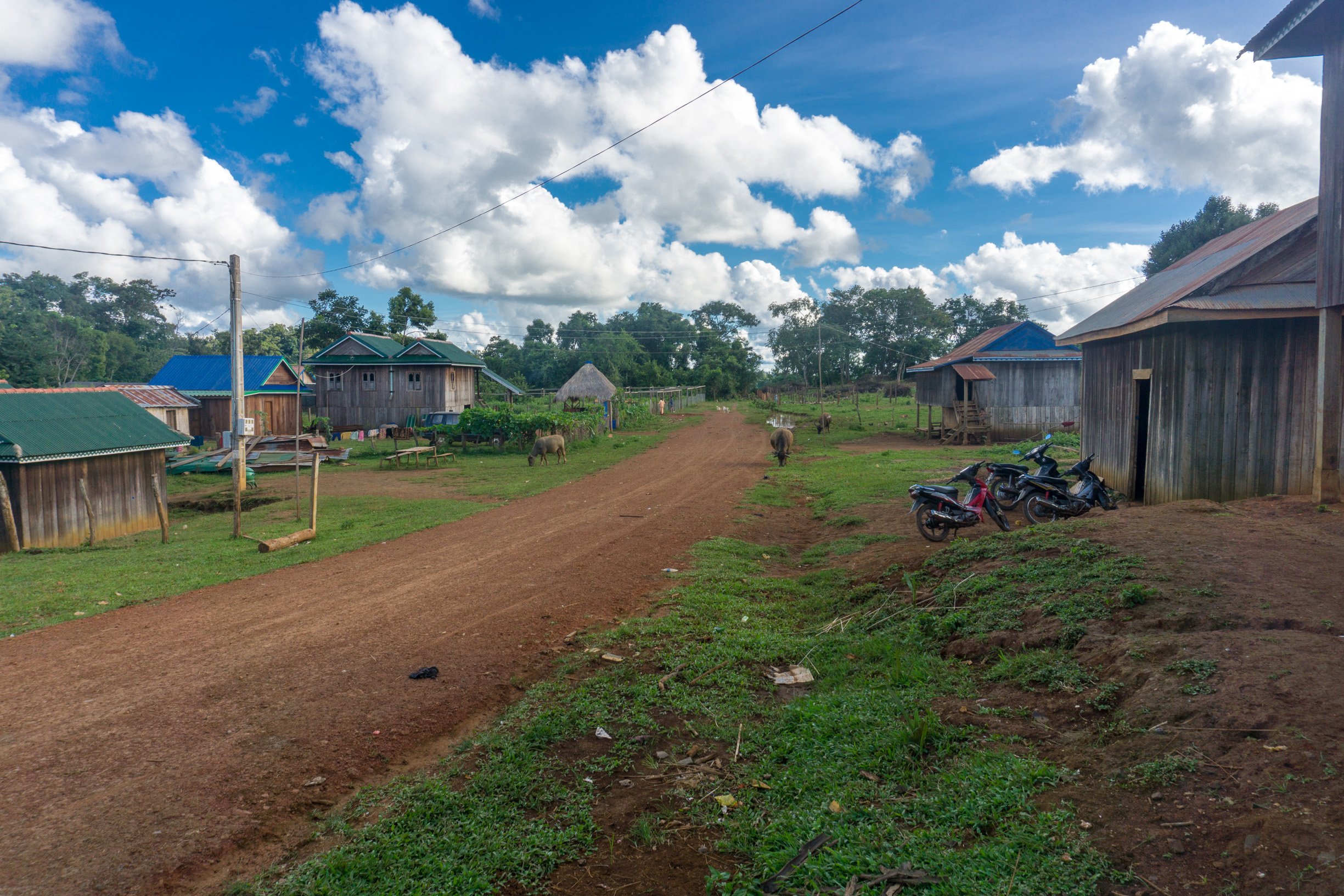
Lily’s Story
South East Asia

Ahead of the new year, Grandmother Yem’s remote village of dusty roads and rugged huts swells to more than double its regular population, as the working-age locals return home to spend the holiday with family and friends.
Sons and daughters return from construction sites and factories near and far to this place of scarce opportunity, while others return from farther afield, including a growing number of young women who had seemingly found a better life after migrating to marry in China.

But each holiday, Grandmother Yem hides herself away as the fun begins – half-ashamed, half-distraught, hoping and praying that her granddaughter Lily would someday make her way home from China.
“I’m left with a hole inside me that cannot be filled,” Grandmother Yem said.
Since Lily left 18 months prior, she had spoken to her only a few times via text message.
“Every night I lay awake thinking – this is my fault. I was wrong. My decision sealed her destiny. How could I let my baby girl become lost in China?”
Grandmother Yem is one of many in Southeast Asia left to deal with the pain of a relative lost after taking what appears to be a once-in-a-lifetime opportunity to escape the cycle of poverty and live a more comfortable life in China.
The plan is to marry a man with relative wealth and then send money home to their families - directly from the husband or by earning themselves - as is customary in much of Southeast Asia. But after arriving, the reality can be much different.
While many do find a better standard of living, thousands more are lost in a cycle of exploitation, sold into forced marriages, abused by husbands and their families, and sometimes sold into the sex trade.
And the tangled webs that take them there can be complex: many are trafficked with the complicity of parents, relatives or neighbours, seduced by brokers who sweep through the poorest parts of the region selling the idea of a dream life in China.
The brokers play on imagery of an advancing Asian superpower, of the glitz and glamour seen in Chinese films and soap operas across the region. They offer families cash payments to send daughters, and commissions to locals who help recruit.
As a result, local newspapers often carry human trafficking reports with photos of middle-aged women handcuffed, looking confused and wearing pyjamas – the standard daytime attire of mothers, aunties and grandmothers across the country.
As Lily grew into her teens, her heavily-indebted family watched the fortunes of the family across the road change dramatically – all after their eldest daughter moved to China.
Two or three times a year, she’d return home, always bearing gifts. She always had nice jewellery, new phones and brand-name clothing. Then the house started to change, too: a driveway, a fence, new stairs, an extended roof.
And so, when the neighbours told Grandmother Yem how they could arrange for Lily to marry a nice man in the same town as their daughter – and secure $1,100 cash payment to help clear the family debts – it was hard to refuse.

“It seemed so perfect,” Grandmother Yem said.
“There was no future here for Lily. The only hope was that she’d find a job and work her hands to the bone.”
Shortly after arriving in China, though, hopes for something different turned to dust.
Lily was sent to live with a farmer who had paid $15,000 for a young bride. She couldn’t read or speak the language, so had no idea where she was. They used translation apps to communicate. The man demanded sex often and lived with his family, who treated Lily like a domestic slave.
Every so often, Lily contact’s home via text message, but it never lasts long.
“It is hell for her.
There is no escape,” Grandmother Yem said.
She’d go to police for help, but is afraid she will wind up in prison, just like the others she’s since heard of who had found themselves on the wrong side of the law after helping send friends, neighbours and relatives to China, unaware of the dangers.
“I feel helpless,” she said. “I am the trafficker. I am the criminal.”
In the years since Grandmother Yem last saw Lily, awareness has increased dramatically in the community. Most people are well aware that success stories like the neighbours’ are rare and, in some cases, fabricated or exaggerated in order to perpetuate the fantasy of endless cash flowing back from China.
Despite some successful efforts by governments and authorities to halt the bride trade across the region, many thousands of young women remain trapped in abusive forced marriages in China, many of them unable to signal for help.
We fight slavery because there's still an estimated 50 million people experiencing modern slavery or slavery-like conditions on any given day. 22 million people, mostly young girls like Lily, are trapped in forced marriages.
We need your help to disrupt, prevent and abolish modern slavery. Everyone has the right to be free and choose who they marry. This end of financial year, please give generously to our work fighting slavery.
While you’re here…
Be Slavery Free is a charitable coalition working to end modern slavery in all its forms. We work with businesses to ensure supply chains and products are free from slavery. We work with governments to close legal loopholes and enforce anti-slavery laws. And we work with everyday consumers to help you make informed decisions at the checkout. We do all of this with the support of a small number of donors. Could you become a contributor and help us create a world free from slavery? Please donate today!


